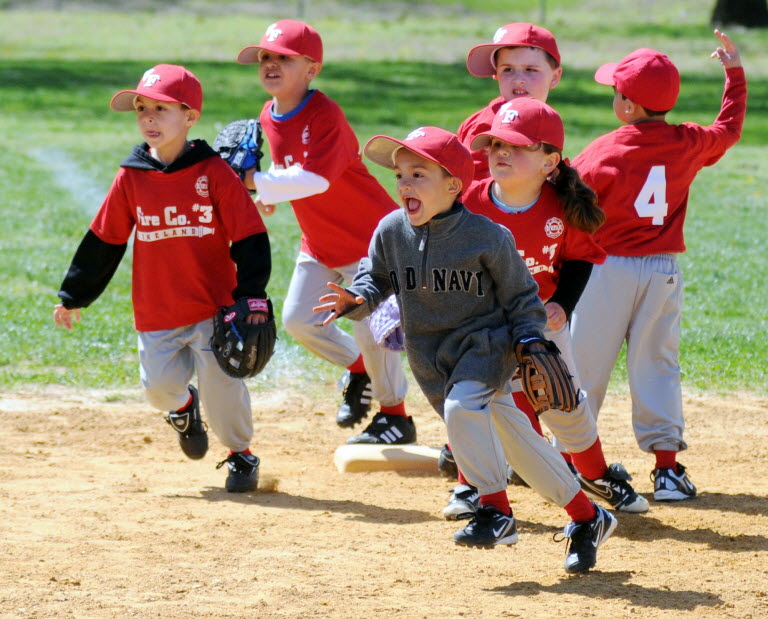
06 Aug FAQs About Youth Sports and Travel Teams
When our kids were old enough to get included in sports, they most likely played on school teams, Little League teams or on teams sponsored by the YMCA or other organizations. Nowadays lots of youth athletes play on what are known as select teams or travel teams. For grandparents in need of a crash course, listed here are answers to some of the most frequently asked questions about select teams.
1. What is a select team?
A select team is one composed of better-than-average players who must try out to make the team.
2. What is a travel team?
A travel team is one that travels to compete with teams in other cities and towns. Most select teams are travel teams.
3. What is the expense of being on a select team or travel team?
Teams often sponsor fund-raisers or solicit donations to defray the cost of travel, but the cost of being on a select team can still hit a thousand or more dollars per year. In addition, select team members usually use more expensive equipment than those playing on a recreational team.
4. What are the advantages or benefits?
Families who are involved in select teams or travel teams do spend a great deal of time together. It is important to realize, however, that most players on select teams or travel teams will not go on to glory in college or in the pros.
5. What are the disadvantages of participation in a chosen team or travel team?
The cost, the greatest disadvantage is the time commitment required from the young athlete and the athlete’s family. Of course, this disadvantage can become an advantage if all the family members enjoy the travel and the games. Still, the requirements of being on the team may keep families away from celebrations, church services and a host of other activities. Each family must decide where to draw the line.
6. What concerns do some have about involvement in select teams or travel teams?
Parental misconduct is one of the most frequently cited concerns. The objectionable behavior may be a demonstration of poor sportsmanship toward the other team or verbal abuse of a player who makes a mistake. Coaches are also sometimes guilty of being too tough on team members. Some young athletes have difficulty handling the pressure of competition on this level.
7. Are there concerns about the physical well-being of the athletes?
Young people who play on select teams are sometimes pushed to specialize in a single sport and sometimes play that sport for much longer than a regular sports season. The results can include more frequent injuries and the possibility of becoming burned out on that sport
8. What does all of this mean for grandparents?
First, grandparents must understand that they are not decision-makers for their grandchildren. The grandparents must support that decision if their grandchildren and children make the decision to participate in select teams. They can share in the family and team camaraderie if it is possible for grandparents to travel to the games. If they cannot travel with the team, there are still lots of ways they can provide fan support for their grandchildren.
9. Is there a special role for grandparents?
Grandparents can help monitor the physical and mental well-being of their grandchildren. If a grandchild has a concern about team participation, he or she may feel more comfortable discussing it with a grandparent than with a parent, who may be more invested in the team’s success. The grandparent can then advise the parents if there is cause for concern.
10. What’s the most vital question to ask about a select team or travel team?
Actually, there are two. Are the young players having fun? Do they seem to have a genuine love of the game? If both of these questions can be answered in the affirmative, chances are that all is well.


No Comments